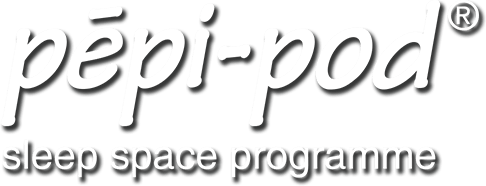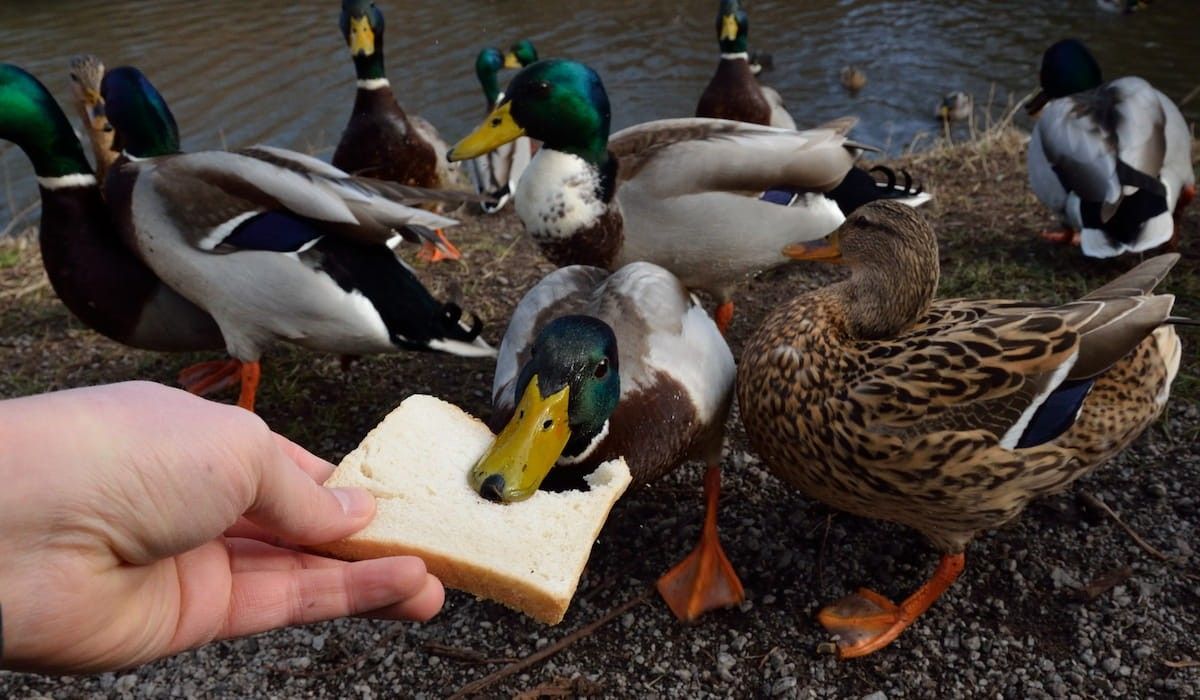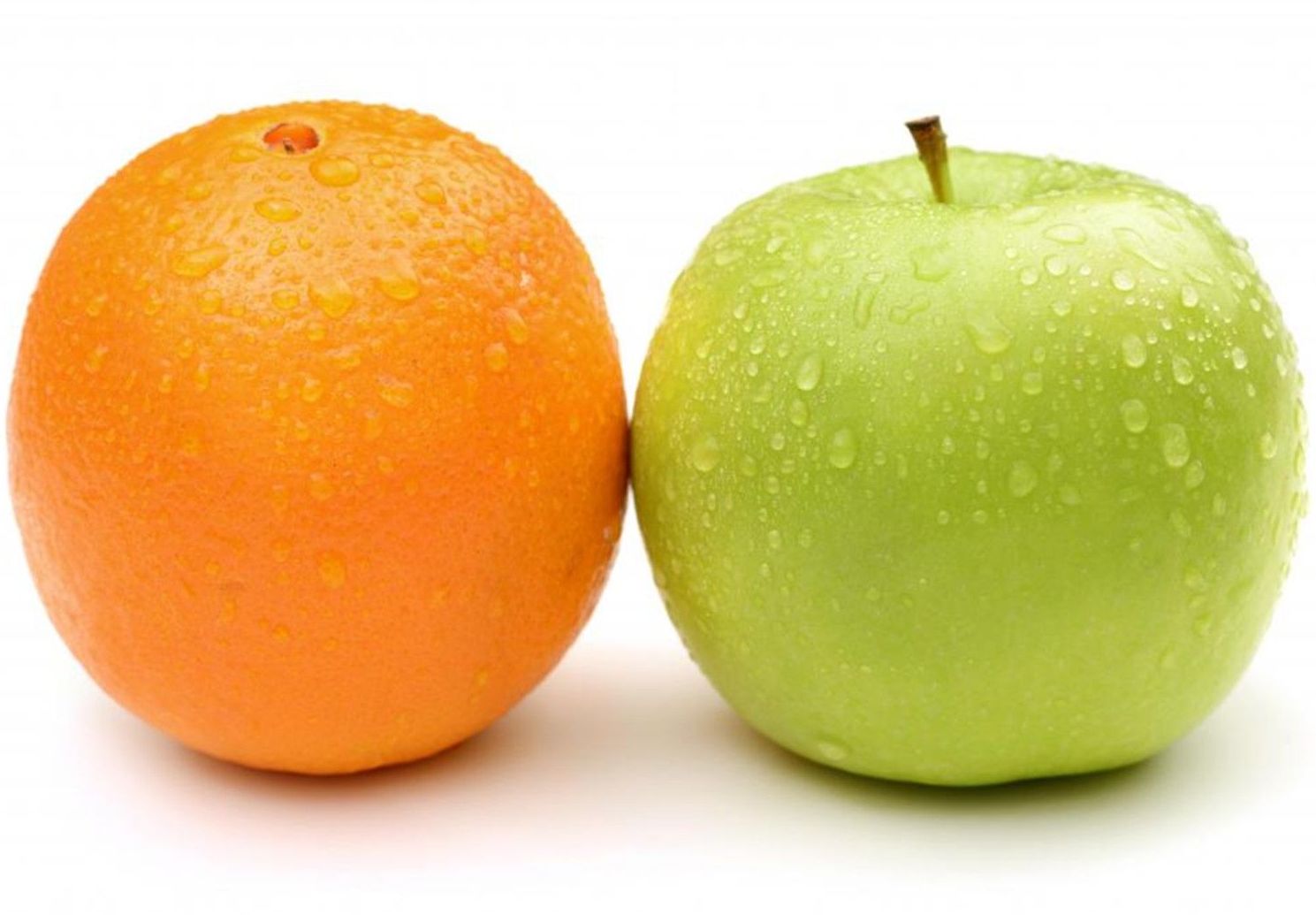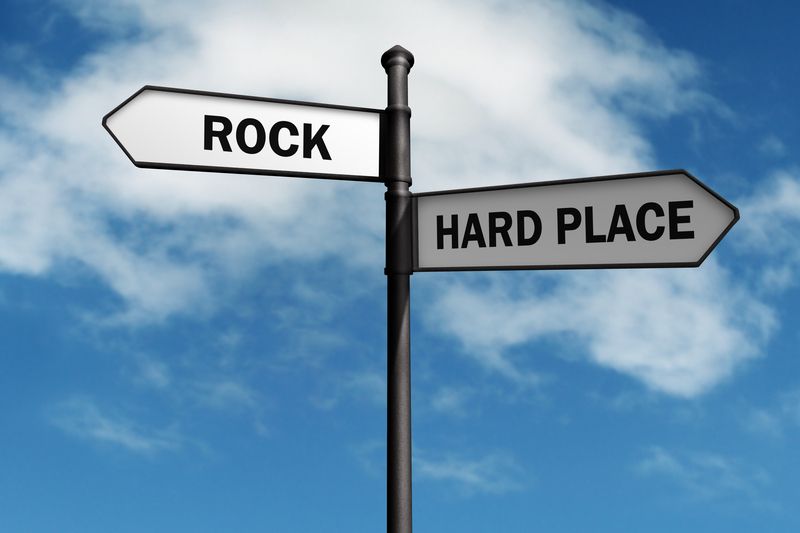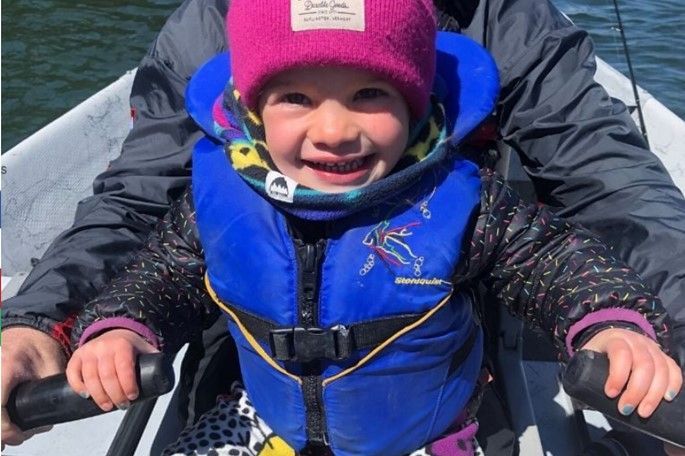Pod Talk
a communiqué for connecting all involved in the Pēpi-Pod® programme
by Stephanie Cowan
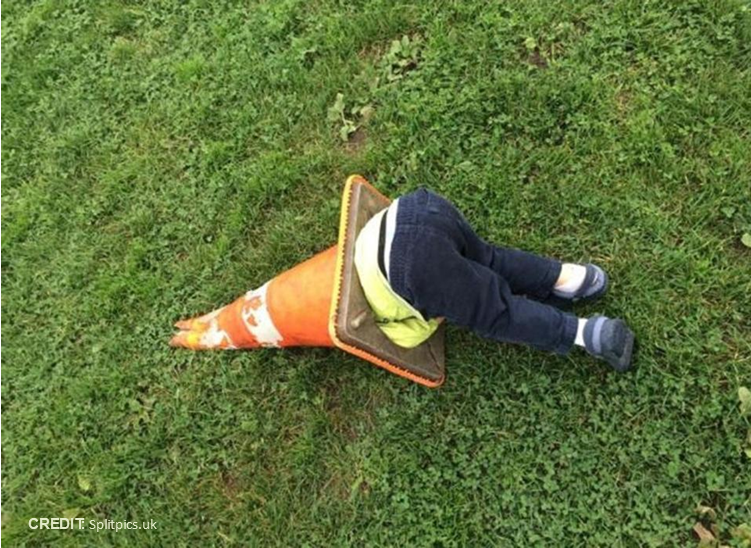
When we are unable to change a situation we want to change
Tēnā koutou
Most of us have a story of a child, pet or ourselves getting stuck in a difficult place, like the image above. Our then 4 year old once got stuck in quicksand on a family holiday at Pohara Beach, Golden Bay. We raced against the incoming tide to get him unstuck and back on dry sand, by lying on a raft of tree branches and hauling him in. It was scary.
More scary though was when he was 3, and he dissappeard one evening when getting off a train in Sydney - down that gap between train and platform. I was right behind, carrying his baby sister and our bags, and had no idea where he had gone. He literally was there and then he was not. Thankfully, a person on the deserted platform saw him fall. Thankfully, too he was wearing dungarees so I lay on the platform and hauled him up by the straps. Very traumatic for all.
Not traumatic, though, just plain embarassing, was the time I fell through the perished webbing of a folding chair at a group picnic for my husband's work. I was stuck there for some time because everyone was laughing so much and taking photos. I was very very stuck!
Being stuck. Being stuck in a difficult place can leave one feeling many things - powerless, helpless, shame, fear, frustration - even if there may be a funny side. The stories above are about being physically stuck, but there are so many other kinds of stuck. We can become stuck in our ways, our beliefs, our viewpoints, our attitudes, our knowledge, our perspectives, and so much more. Being stuck means being unable to change a situation that we want to change. We may need help from others to become unstuck, or we may need to think differently about our predicament.
Are we stuck in SUDI prevention? I ask this because in the past 5 months I have received 8 reports from coroners on their findings of the sudden deaths of infants aged between 5 weeks and 5 months and a new theme is emerging. Most infants were healthy full-term infants. All eight were exposed to multiple well-known SUDI risks that included, smoking in pregnancy, smoking in households, side and prone placement for sleep, soft pillows as mattresses, use of pillows and tri-pillows, loose bedding. Seven of the eight infants were routinely bedsharing (one was on a couch) with parents and / or siblings, therein escalating risk. This picture of vulnerability is not new.
The new theme, though, is that most families had been offered a sleep space and most either declined the offer or accepted but did not use. Research suggests that had these eight infants been sleeping in a bed designed for babies, they likely would not have died. This is a here-and-now reality check. These are the circumstances of babies dying currently in Aoteoroa. This is one place where prevention may be stuck. Statistics NZ data also suggest we are stuck. They show no overall change to infant death rates from 2019 despite the focused resources and effort.
What is heartening about the above is that the reduction in deaths that immediately followed the introduction of portable sleep spaces in 2011, has been maintained. Holding a change is itself an achievement. There are far more protected children now. Comparing post-perinatal (7-364 days) mortality rates before and since access to sleep spaces, an estimater 570 lives have been saved.
Pause for a moment ... and imagine these 570 children all in one group.
Also good is that a known seven of the more vulnerable infants discussed above received a wahakura or Pēpi-Pod sleep space, often both. This is evidence of reaching more vulnerable babies, even though the opportunity to protect was not taken up by families.
Where might we be stuck? We may be stuck in our communication, our perceptions of a family's priorities, values, understandings, preferences, pressures. We may be stuck in our ways of delivering information. We may miss the need to personalise our listening; miss the need to personalise both infant risk and family care responses. We may be stuck in thinking that information is education. It is not. Education, from the Latin educere, means to lead forth, go beyond, change. We may need to find new ways to foster understanding of vulnerability and answer the why, who and when questions.
Getting unstuck. All interventions need to be kept fresh. In 2025 we will introduce the cloud/kapua coloured version of Pēpi-Pod sleep space. A comment from a young woman who was offered a fibre version of a Pēpi-Pod sleep space has helped me get unstuck about perceptions of attractiveness or 'the look of it' .
"I like the look of it (fibre version). I'd use this one. I wouldn't use the other one."
Research, too, tells us that looking good matters in a product, even more than function for many people. Although we have decided not to pursue a fibre option, for many reasons, we can offer a coloured version of Pēpi-Pod sleep space which, with its more modern look, may have more appeal for some, and therefore remove potential barriers to use. We are listening and we will learn. Different thinking brings different results.
To get unstuck is not comfortable. In being transparent, we designed the Pēpi-Pod sleep space to be functionally supportive of key experiences for healthy infant brain development - closeness, connection, responsiveness - windows for reassurance. As for looking good, we include attractive and quality natural fibre bedding and believe that a sleep space becomes beautiful when a baby is placed in one. To many, these features are attractive, but not to all. While the windows may be lost in a coloured version of sleep space, the low sides and portability still support closeness, connection, and responsiveness of infant and parent.
So what will you do to help change a situation we all want to see changed - more families understanding why their baby is vulnerable to SUDI, accepting and using a sleep space as a tool for protection, and feeling empowered by doing so. We do not want to stay stuck in a difficult place for too long.
Mā te wā, Stephanie
